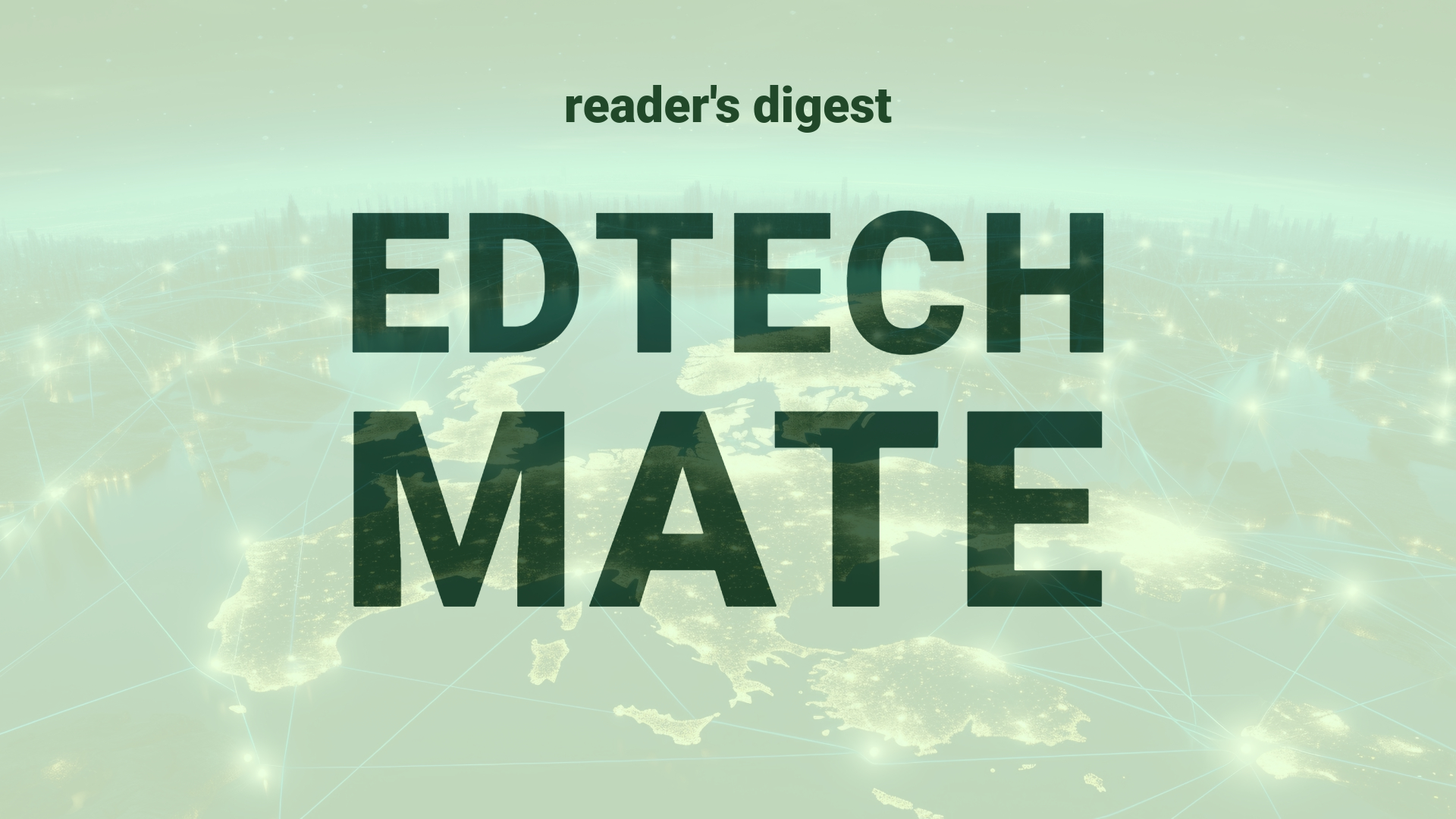“`html
Executive Summary and Main Points
The integration of Large Language Models (LLMs) like ChatGPT in the education sector signifies a pivotal shift in how knowledge work is approached. Such AI tools, while not a standalone strategy, provide invaluable assistance in generating new ideas, faster turnaround on tasks, and facilitating more dynamic, iterative work processes. Research from Microsoft has highlighted the promise of LLM-based productivity tools for various roles within organizations, suggesting that these technologies can significantly enhance the decision-making process. Rather than insist on perfectly curated content, which comes at the cost of time and quality, LLMs can maintain a high degree of quality while saving time — as much as 25% — prompting a reassessment of how knowledge work and strategy sessions are structured.
Potential Impact in the Education Sector
The adoption of LLMs could profoundly influence areas such as Further Education, Higher Education, and Micro-credentials. These AI-powered tools can optimize operations by automating routine paperwork, generating instructional content quickly, and enhancing student-teacher interactions with instant feedback. The emphasis on speed over perfection can encourage more prolific content generation for micro-credential courses and foster strategic partnerships between academia and tech providers, further integrating digital transformation into institutional frameworks.
Potential Applicability in the Education Sector
LLMs offer a broad spectrum of innovative applications within global education systems. Instructors can leverage LLM-generated content to design curricula or provide personalized learning experiences. These models can also support cross-cultural communication and language learning, facilitate automated grading systems, and enable educators to swiftly compile research or educational materials. This can promote a more collaborative and interactive educational experience that empowers students and educators to delve deeper into subjects without getting bogged down in administrative tasks.
Criticism and Potential Shortfalls
Despite their advantages, LLMs may inadvertently propagate biases or disseminate inaccurate information, as “hallucinations” in the AI’s output can occur. There must be ongoing scrutiny to discern between truly insightful contributions and potential misinformation. Ethical considerations, such as the use of AI in evaluating student work and the cultural implications of machine-generated content, must be considered. Comparative international case studies show that the integration and effect of AI tools vary widely based on institutional readiness, regulatory landscapes, and cultural receptiveness to AI solutions.
Actionable Recommendations
To effectively implement LLMs and similar technologies in higher education, decision-makers should establish clear guidelines for usage that emphasize enhancement rather than replacement of human input. Training sessions for educators on leveraging AI outputs, collaborative workshops, and aligning AI usage with pedagogical goals can facilitate a smooth integration. Strategic pilot programs can further assess the utility and effectiveness of these tools in live educational environments, promoting an evidence-based approach for broader application across the sector.
“`
Source article: https://www.cio.com/article/1265353/chatgpt-isnt-an-ai-strategy-but-it-should-be-a-strategic-tool.html

